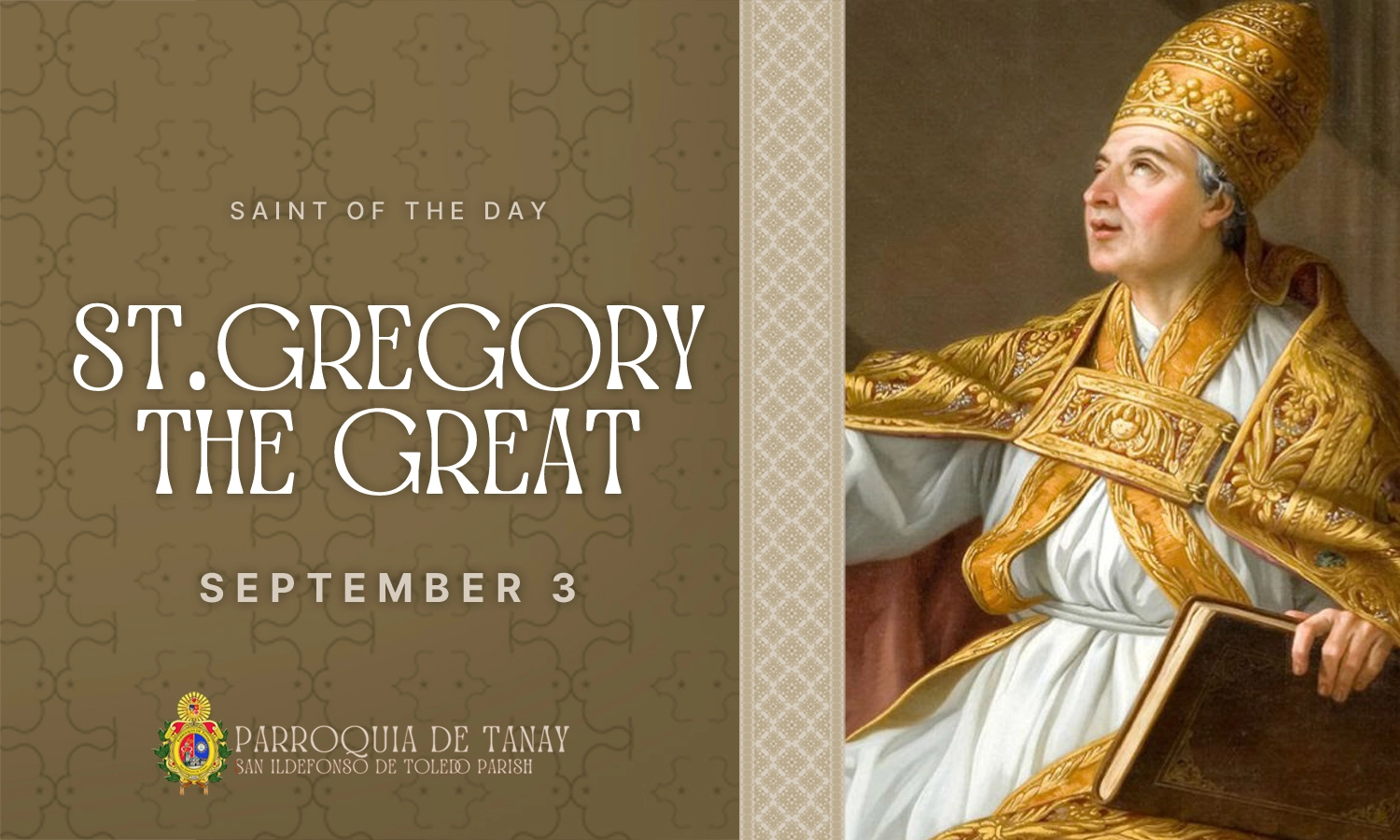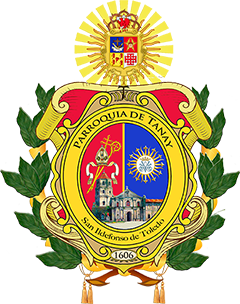Saint of the Day: St. Gregory the Great | September 3
By SIDTP SoCom
Published on September 3, 2024
St. Gregory the Great, also known as Gregory I, was a significant figure in the history of the Christian Church. Born around 540 AD in Rome, he became one of the most influential popes during the early medieval period. His leadership was marked by a commitment to reform, pastoral care, and the strengthening of the Church’s role in society.
Gregory began his career as a government official before turning to religious life. He was deeply committed to his faith and eventually became a monk. His dedication and wisdom soon led to his appointment as Pope in 590 AD, a role he would hold until his death in 604 AD.
One of Gregory’s major contributions was his effort to organize and reform the Church’s administration and practices. He worked hard to improve the moral and spiritual life of both clergy and laity. Gregory also played a key role in missionary work, particularly in spreading Christianity to the Anglo-Saxons in England. His efforts in this area were instrumental in the establishment of a strong Christian presence in northern Europe.
St. Gregory is also remembered for his writings, which include a series of homilies and letters that offer insight into his theological and pastoral approach. His teachings emphasized the importance of humility, the need for pastoral care, and the role of the Church in guiding the faithful.
Another significant aspect of Gregory’s legacy is his contribution to the development of liturgy. He is often associated with the establishment of what is now known as Gregorian Chant, a form of plainchant that became an integral part of the Church’s worship practices.
Gregory’s influence extended beyond his lifetime, shaping the Church’s approach to governance and worship. His emphasis on the pastoral role of the Pope and his efforts to strengthen the Church’s position in a time of social and political upheaval left a lasting impact.
Sources:
1. Norwich, John Julius. The Popes: A History. Random House, 2009.
2. “The Oxford Dictionary of the Christian Church.” Oxford University Press, 2005.



